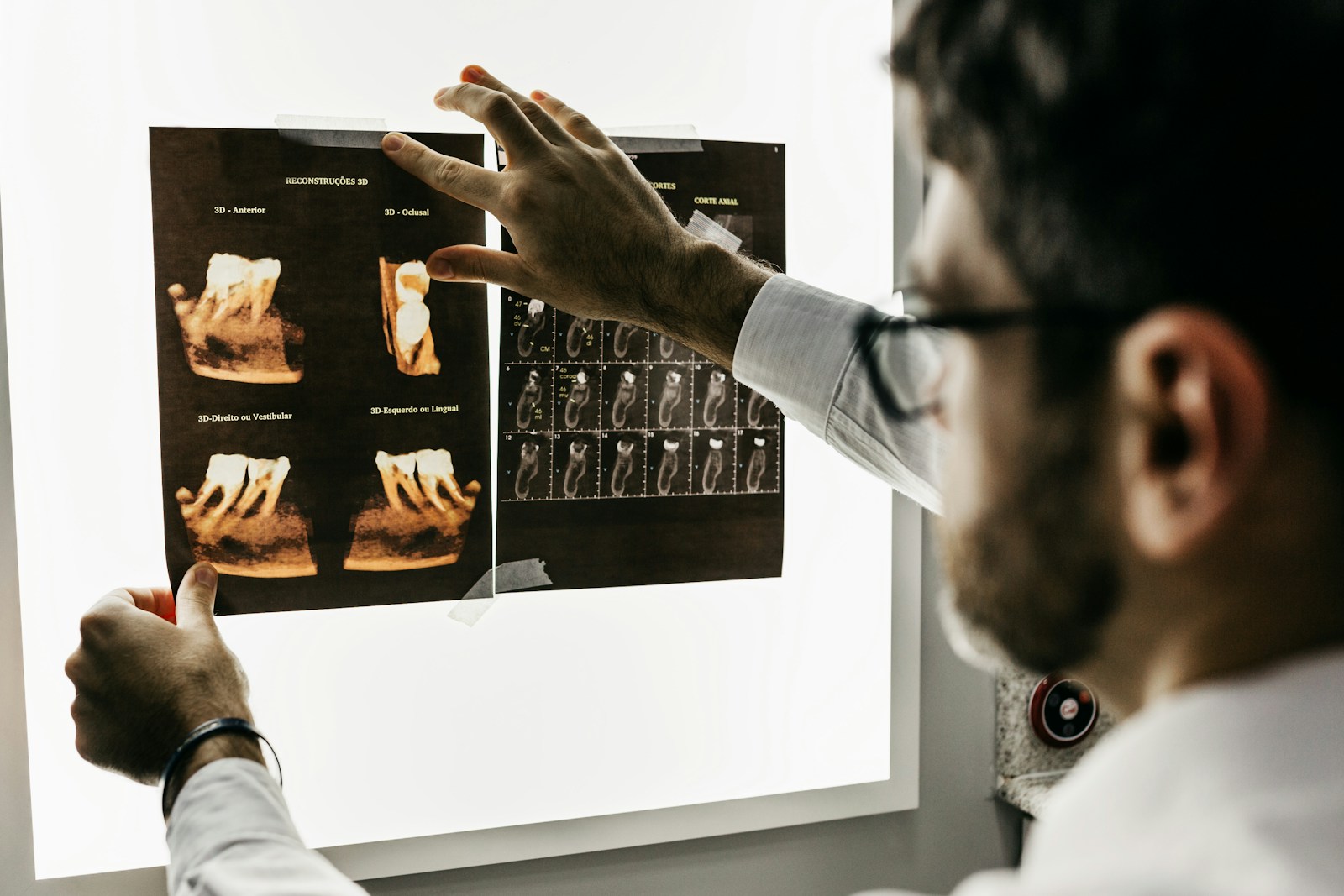Sedation Dentistry For Wisdom Tooth Extraction
Sedation dentistry is an easy, safe, and effective way to reduce anxiety during surgical dental procedures like wisdom tooth removal. Furthermore, it may leave little or no memory of the surgery when you awake.
There are various forms of sedation dentistry, including nitrous oxide (laughing gas), oral sedation and general anesthesia. Find sleep dentistry near me tо experience a comfortable and stress-free dental procedure.
Less Stress
Your dentist will administer local anesthesia to numb the area where your wisdom teeth are situated, so that no discomfort occurs during the procedure. In cases of high anxiety or complex surgeries, sedation may also be recommended by oral surgeons.
Sedation for wisdom tooth extraction can be an efficient and safe way to ease anxiety. Furthermore, its soothing effects will enable you to comply with the instructions of the oral surgeon more quickly.
Your wisdom tooth extraction options for sedation include nitrous oxide/oral sedation or IV sedation (also referred to as “twilight sedation”). Most patients who opt for this form of anesthetic don’t remember much of the procedure after being sedated; however, should you opt for this route, please remember that afterward you will require transportation home due to feeling groggy; your oral surgeon will provide instructions regarding pre-procedure care.
Less Pain
If your wisdom teeth have become impacted or crowding other teeth, it may be wise to have them extracted. Crowded wisdom teeth can be difficult to keep clean and may even result in tooth decay, gum disease and damage to neighbouring teeth.
Dental sedation helps make oral surgery less stressful and much more comfortable. You will still require local anesthesia to numb the area where wisdom teeth will be extracted, but dental sedation helps you relax during the procedure so that no pain or anxiety arises during removal.
Your specific sedation requirements will determine which method best meets them, such as nitrous oxide or oral sedation to ease anxiety and allow you to respond to instructions from the Dentist without falling asleep like general anesthesia would do. Or you can opt for IV sedation, often known as “twilight sleep.” Here, you remain awake yet relaxed during an extraction and may have no lasting memories of its process.
Less Anxiety
Anxiety-reducer: the main advantage of being sedated during wisdom tooth removal lies in its ability to keep people relaxed and calm during the procedure, thus making it much less daunting and distressful.
Many patients feel anxious and concerned about experiencing any physical pain during wisdom tooth removal; however, local anesthetic can alleviate that concern and also provide pain-free procedures. Other sedative options available to them may include nitrous oxide (laughing gas) or oral sedation to relax patients during this process.
Wisdom teeth should typically be extracted between 18 and early 20s in order to avoid crowding or damaging surrounding teeth. If they come in at an angle, this could result in damage. For those experiencing severe dental anxiety, consider using sedation for oral surgery such as wisdom tooth extraction, gum flap surgery or bone grafting; your dentist can assist in choosing a method suitable for you.
Less Recovery
At Wisdom Tooth Extraction in Northfield, MD, oral surgeons are experienced at performing wisdom tooth extraction procedures and so the risk of any unexpected complication is extremely low. You will also be sedated throughout the procedure with various sedation methods that vary in their speed of effecting an altered state of consciousness; all will work effectively by producing balanced consciousness levels.
Before performing your wisdom teeth extraction procedure, your dentist will numb the area with local anesthesia in order to make sure you do not experience any discomfort during removal of impacted wisdom teeth. This may be administered via injection or via mask/pill.
If you experience dental anxiety or are planning an invasive extraction, conscious sedation may be the right choice for you. Also referred to as monitored anesthesia care or twilight sedation, this process involves taking medications before your appointment that will make you drowsy but allow you to remain conscious enough to respond when spoken to or given orders by your dentist.





